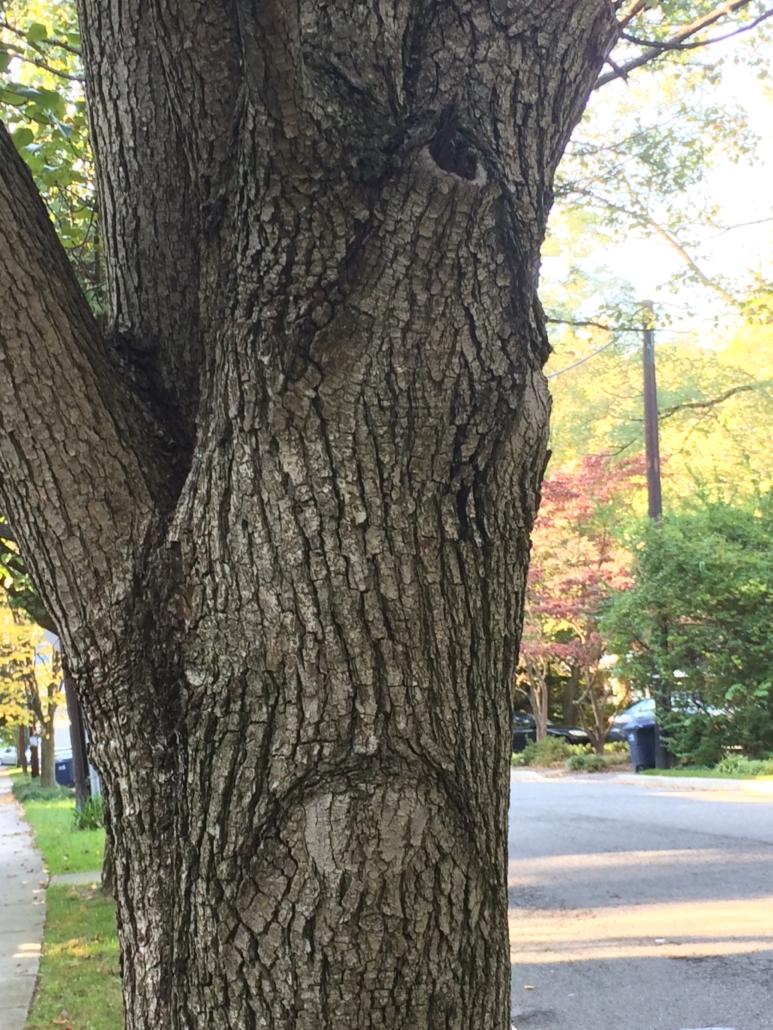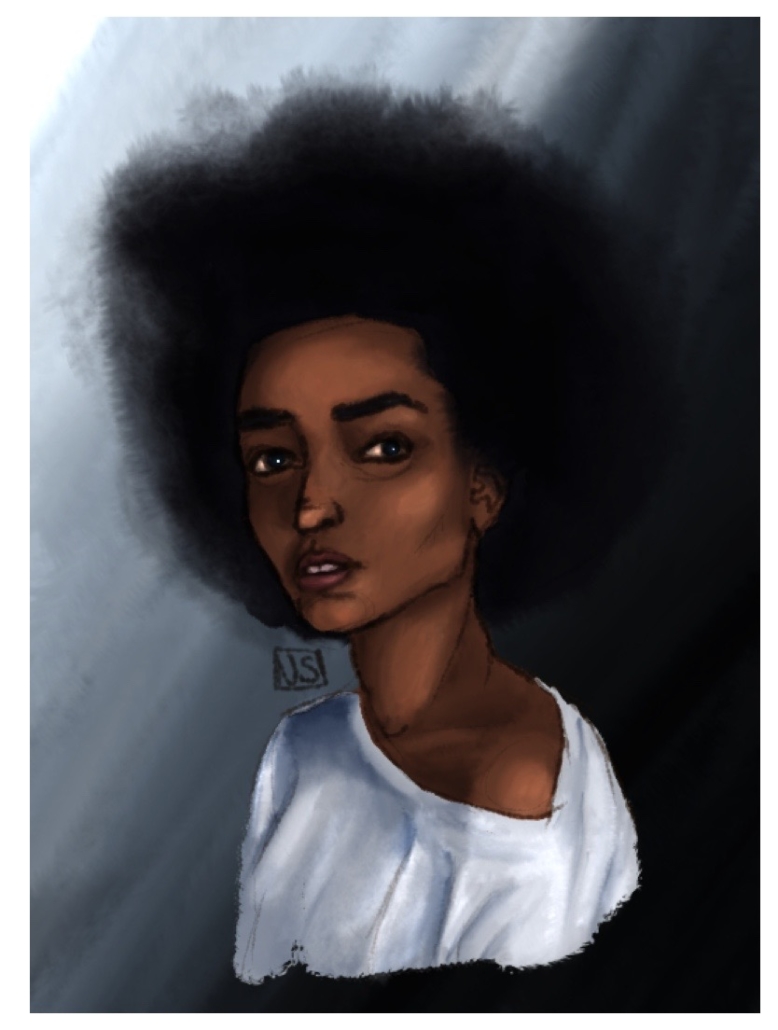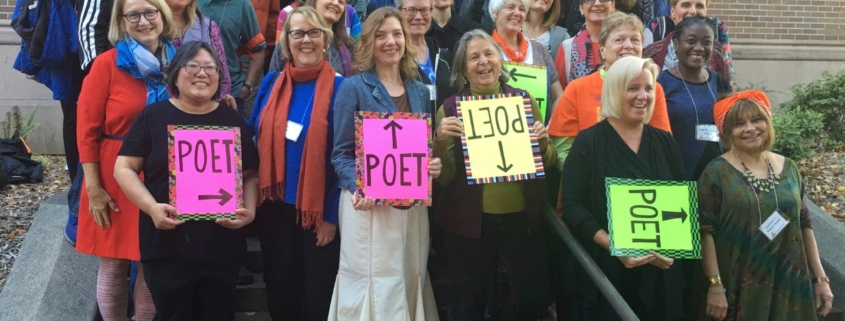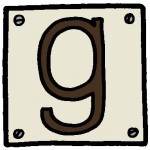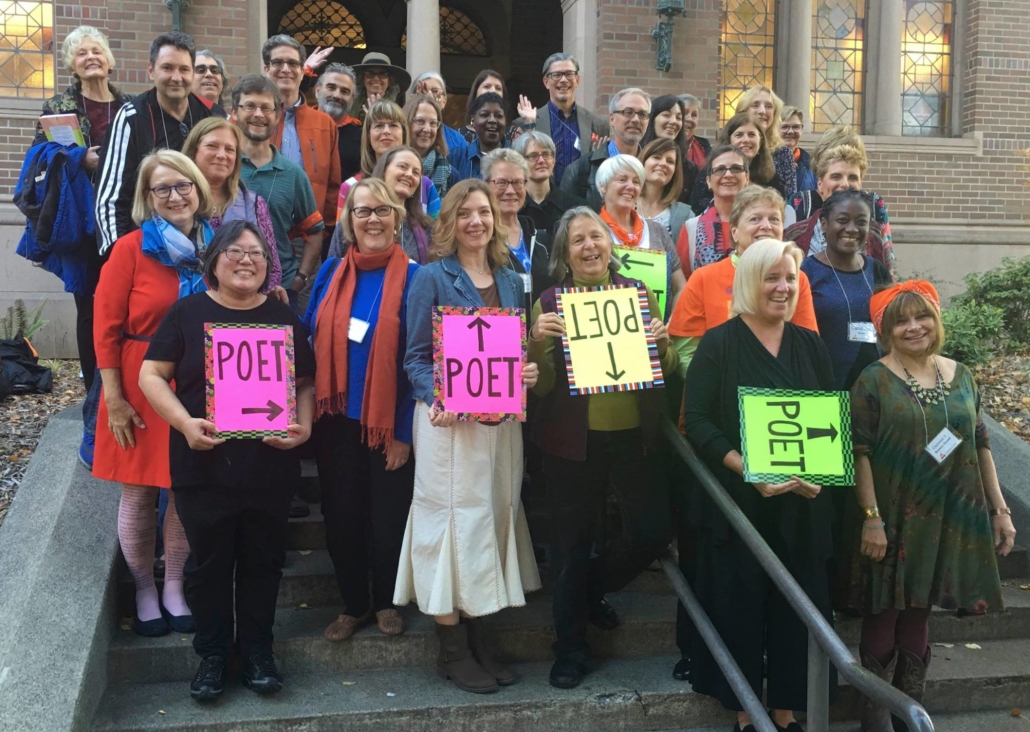
Wow! What a weekend! I can’t imagine there has ever been a greater celebration of children’s poetry than the Poetry Camp organized by Sylvia Tag and Nancy Johnson, founders of Poetry CHaT at Western Washington University, and Sylvia Vardell and Janet Wong, the creators of the Poetry Friday anthologies. All four of these wonderful women are doing everything possible to celebrate and promote children’s poetry.
On Friday more than 30 Poetry Friday contributors got together to talk about poetry and how to share it in schools and libraries, at conferences, and over the internet. It was such a pleasure to meet and connect with poets from around the country. Holly Thompson made the trip all the way from Japan.
Friday night we had the absolute pleasure of participating in a found poetry workshop with Robyn Hood Black at Village Books in Bellingham. Robyn had prepared kits for us—with cards about shells, sticky notes, scissors, tweezers, sponges, stamp ink, stamps, and tiny anchors. She carefully walked us through the process of finding poems on the cards and then turning our cards into visual art. I was reminded how much I enjoy making things. Robyn is a maker extraordinaire, and I have purchased beautiful cards and jewelry at her etsy shop artsyletters.
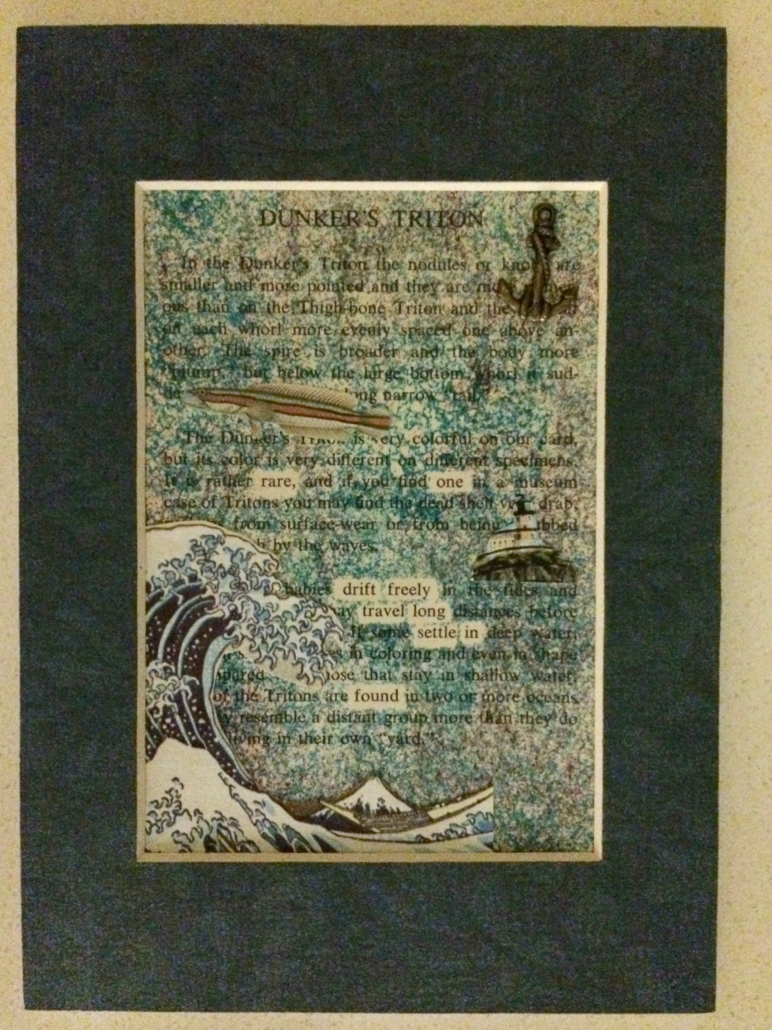
On Saturday we expanded the conversation to include more than 100 local teachers, librarians, writers, and poetry fans. Sylvia Vardell and Janet Wong gave two keynote speeches, and poets offered workshops on topics including: Playing with Sound, Writing for Journals and Anthologies, Poetry and Science, Poetry and Movement, etc. Irene Latham and I led a workshop on simile and metaphor. It was wonderful to work with Irene; I learned so much from presenting with her.
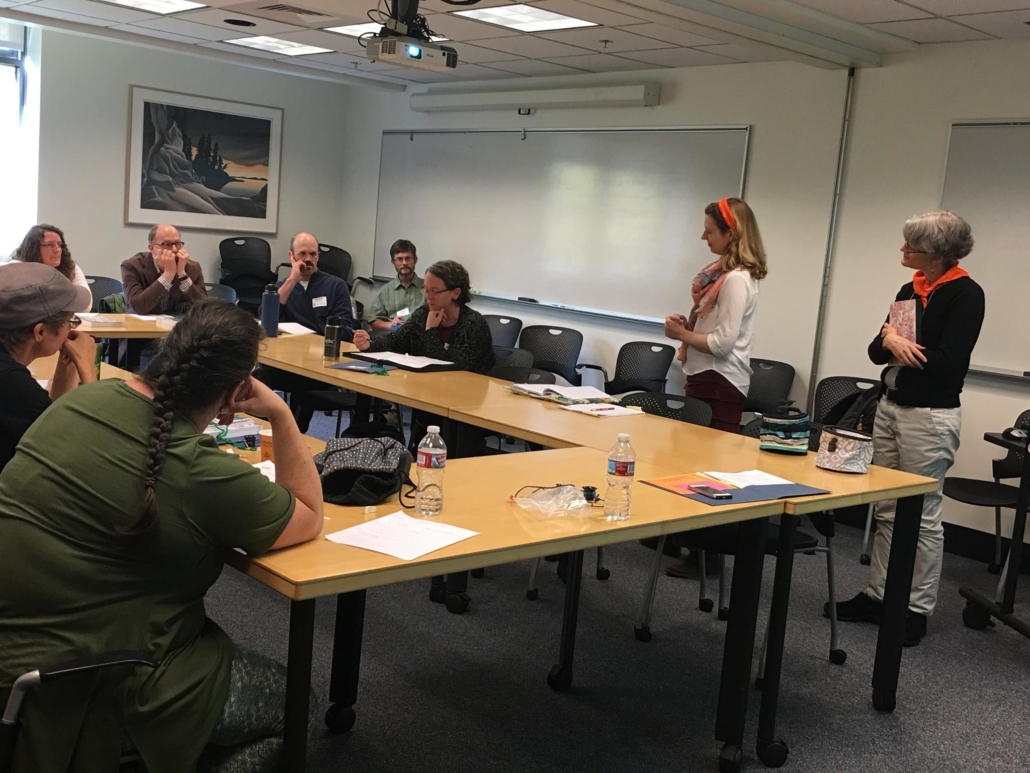
The afternoon ended with a performance by the great Jack Prelutsky. Two groups of local elementary school children did a fabulous job reciting a few of his poems; they even pretended to be annoying mosquitoes!
Here are just a few of the wise and important messages I brought home. Though I’ve tried to attribute the messages to their speakers, these are my words, not theirs. Forgive me if anything below isn’t quite right. Our conversations were fast and free-flowing and comments built on one another.
Poetry is not just for special occasions, like birthdays, wedding, and funerals. Poetry is for every day, every occasion! (Sylvia Vardell and Janet Wong)
Poetry is not just for the language arts classroom. Poetry is a powerful way to introduce or extend the learning in science, social studies, math, art, even PE! (Sylvia Vardell and Janet Wong)
Poets and scientists work similarly. Their work grows out of a powerful sense of wonder. Their understanding grows by taking different perspectives. They learn through process. Their work develops through iteration. (Jeannine Atkins)
Restrictions create opportunities for creativity. (Julie Larios)
Works of art can be a wonderful starting point for writing. (Cynthia Grady)
When choosing a word, consider the how saying the word affects the face. Is that facial expression consistent with the content of the poem? (Brod Bagert)
Poetry can come from a visual place as well as a performance place. (Bob Raczka)
Metaphors and similes come from life experience. You must go out and live to expand the possibilities available to you when you write. (Irene Latham)
Rejection is part of the process of seeking publication. (Bridget Magee)
More than anything else, the weekend was inspiring!
For more about the camp and today’s round-up, visit Violet Nesdoly.
Liz
